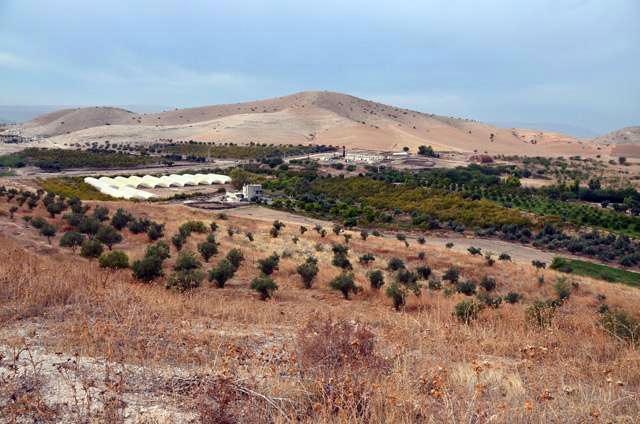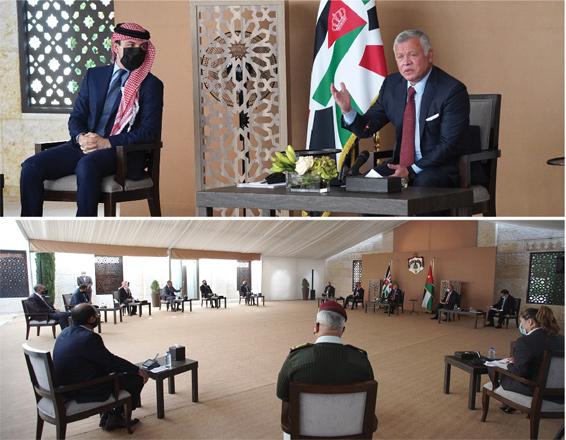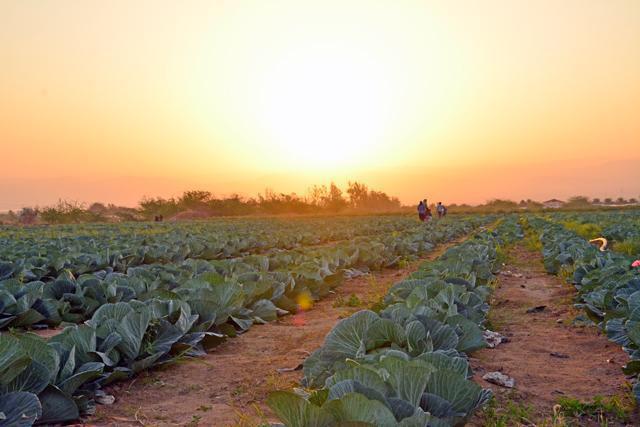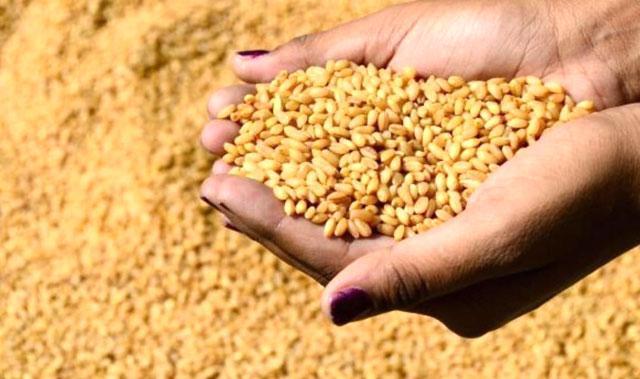You are here
Arable land utilisation project paves way for self-reliance, job creation — Daoudiyeh
By Maram Kayed - Oct 22,2020 - Last updated at Oct 22,2020

The project to utilise arable lands, as per the Royal vision to achieve food security, helps in reducing poverty and unemployment levels, Minister of Agriculture Mohammad Daoudiyeh said (JT file photo)
AMMAN — The project to utilise arable lands, as per the Royal vision to achieve food security, helps in reducing poverty and unemployment levels, Minister of Agriculture Mohammad Daoudiyeh said.
Daoudiyeh said in a statement that the project “seeks to extend the umbrella of the agricultural sector, especially the construction of dams to harvest rainfall in various regions of the Kingdom”.
Daoudiyeh also said that this project “aims to activate alternative energy in the agricultural sector, leading to the establishment of a regional centre for food security in Jordan”, stressing that the ministry has already started working on the legislation, form and content of this centre.
“We are very serious in following His Majesty’s vision for food security for Jordan in real, tangible terms,” said the minister during a meeting with Senate President Faisal Fayez on Saturday.
Fayez said recently that the project to utilise arable lands is a “food security project under the directives of His Majesty King Abdullah”, specifying four areas that can be developed agriculturally: The Jordan Valley, Wadi Araba, the Badia and the Disi Basin.
With the use of modern technologies in irrigation, the use of high-yield crops and the cooperation with the private sector, Daoudiyeh hopes that the project “reduces unemployment and poverty rates, advances the Jordanian family’s standard of living and transforms Jordanian society from that of a consumer to producer”.
Nuhad Olaimi, spokesperson for the Agricultural Farmers’ Union, told The Jordan Times that “if implemented correctly, this project could yield great returns to the sector and attract Jordanian youth to work in it”.
“The biggest problem we face in attracting the youth to our sector is that they think of agriculture as working under the sun while being covered in dirt. They do not understand that there are so many jobs beyond that traditional vision, especially when it comes to using modern technology in the sector,” he added.
By channelling youth’s skills and talents in devising new irrigational and alternative electricity-related technology, the sector can be dramatically transformed and improved, Olaimi noted.
Related Articles
AMMAN — His Majesty King Abdullah, accompanied by HRH Crown Prince Hussein, on Monday met with key figures from Jordan’s southern governorat
AMMAN — The shortage of labour and water, and the high operational costs compared with revenues are the three main “alarming” problems in th
AMMAN — Minister of Agriculture Mohammad Daoudiyeh said that Jordan is a “potential centre for food security”, as it is located at the cross












